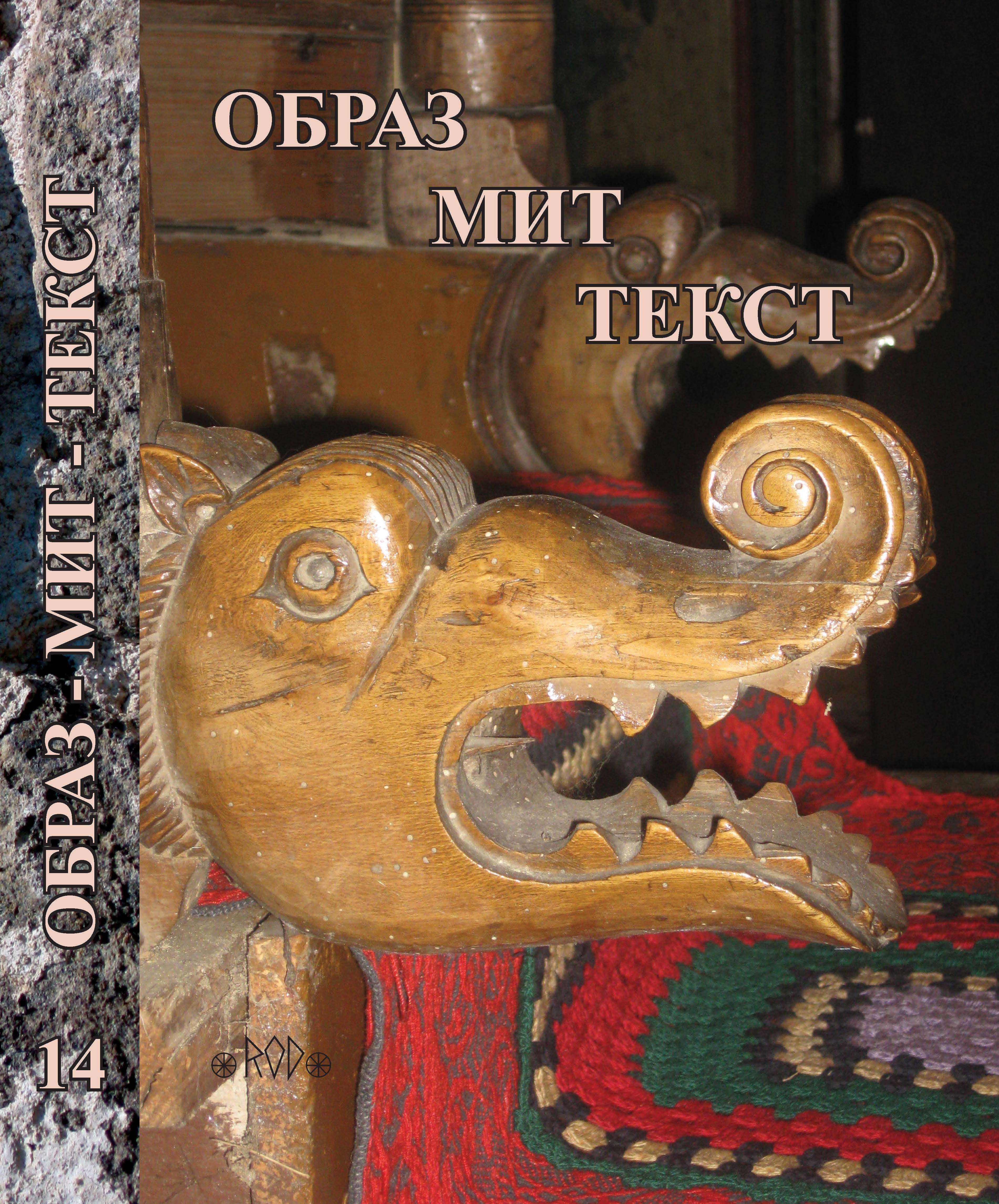Възрожденските Кирило-Методиевски традиции в югозападните земи като рефлекс на библейската тема
The Cyrillo-Methodian Tradition as a Projection of a Biblical Theme (Based on Materials from the Literary Work of K. Shapkarev)
Author(s): Olga ParlichevaSubject(s): Language studies, Language and Literature Studies, Theoretical Linguistics, Studies of Literature, Historical Linguistics, Bulgarian Literature, Philology
Published by: Асоциация за антропология, етнология и фолклористика ОНГЬЛ
Summary/Abstract: The introductory part of the report focuses on the complexity of the Renaissance processes, infiltrated with authentic values, which help to reveal the specific historical and cultural manifestations of the literary traditions in the Southwestern Bulgarian lands, to whose development contributed significantly generations of Renaissance figures. The author makes a brief overview of the biblical, mostly New Testament (Gospel translations) by P. Bozhigrobski, P. Zografski, as well as of literary works concerning the biblical problematics in the work of D. and K. Miladinovi, Grigor Parlichev and other authors, made in the relevant local vernaculars (dialects) of the translators and compilers. Among them is outlined the literary and educational profile of K. Shapkarev, with one of the forms of manifestation being the attitude of the scholar to the Cyrillo-Methodian problematics as a projection of the biblical theme in his literary work. The report emphasizes the fundamental, institutional role of the Bulgarian Orthodox church as leading the most progressive ideological movements, based on the traditionally strong religious and ethnic identity and its educational functions through the subjects of church history and biblical texts from the wider liturgical literature, which were included in the educational system in the entire ethnic territory of Bulgaria during that period. O. Parlicheva makes a detailed analysis of the content structure and nature of the printed books and collections of Shapkarev, with incorporation of biblical texts – „Brief Sacred History of the Old and New Testament and Brief Sacred Proselyte” – 1868, „Handbook of Holy Annunciation or a Collection of Gospel readings” – 1869–1870, and „Handbook of Holy Poslanichnik or a Collection of Apostolic Readings” – 1870. The selected festive readings from the Apostle or the Gospels of the Four Evangelists are a direct biblical borrowing of the Church-Slavic language, identified by the Revival scholars with the Old Bulgarian language, and the translations are made in modern Bulgarian (Ohrid vernacular or a „dialect more understandable for the Macedonian Bulgarians”) according to Shapkarev himself. In conclusion, the author makes the conclusion that both the biblical, mostly evangelical translations in the local Bulgarian dialects, and the consistent trend of the so-called „Bulgarization” of the cult to the teachers of the Slavs and their direct disciples of the image of the „Seven Saints” in the analyzed translations – an act of ecclesiastical and canonical honor and glory, represent an antagonistic reaction to the Hellenistic expansion in the spiritual life during the Bulgarian Revival period.
Journal: Годишник на Асоциация за антропология, етнология и фолклористика »Онгъл«
- Issue Year: 2016
- Issue No: 14
- Page Range: 34-48
- Page Count: 15
- Language: Bulgarian
- Content File-PDF

